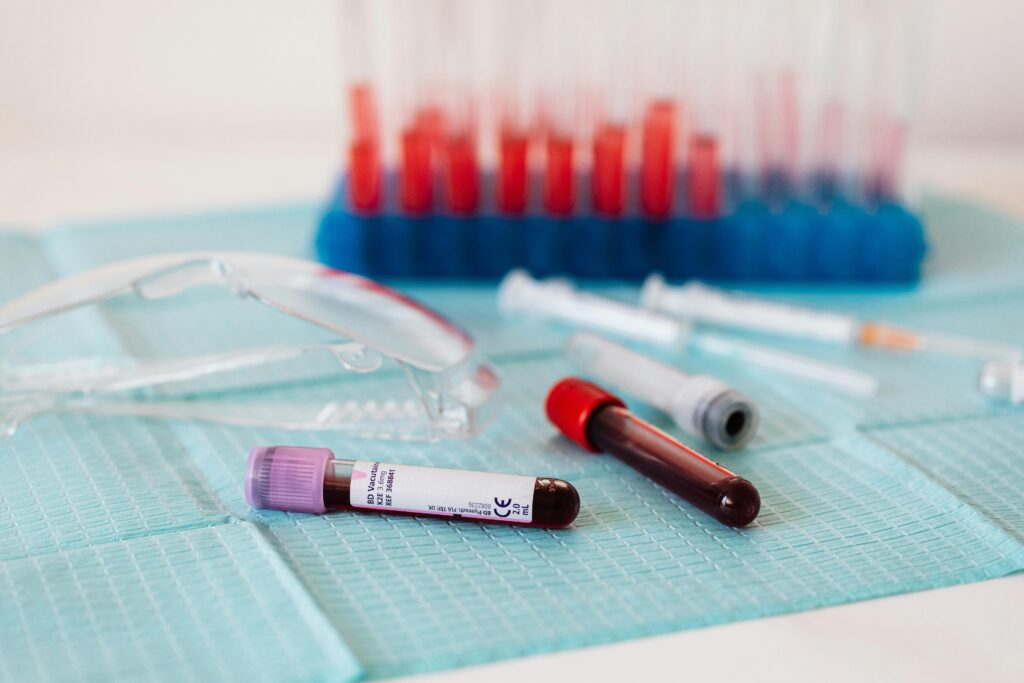Colorectal cancer is the second leading cause of cancer-related deaths in the U.S., with over 53,000 projected fatalities this year. Despite the high stakes, screening rates remain low, with about 1 in 3 eligible adults forgoing regular screenings. This issue stems largely from the discomfort and invasiveness of traditional screening methods such as colonoscopies. But, in a groundbreaking development, the FDA has approved a new blood test, Shield, that promises to revolutionize the screening process for adults at average risk of colorectal cancer.

Developed by Guardant Health, a California-based biotechnology firm, Shield represents a significant breakthrough, offering a non-invasive option for colorectal cancer detection. The test is now officially approved by the FDA as the first blood-based screening option for colorectal cancer and is covered by Medicare. This opens up new avenues for individuals who may have avoided screening due to the inconvenience and unpleasantness of traditional methods.
How Does the Shield Blood Test Work?
The Shield test works by detecting cell-free DNA, which is shed by cancerous or pre-cancerous cells into the bloodstream. This innovative approach eliminates the need for patients to undergo invasive procedures or deal with stool sample collection. Instead, a simple blood draw during a routine doctor’s visit can now provide critical insights into a patient’s cancer status.
Clinical trials of the Shield test have shown that it has an 83% sensitivity in detecting colorectal cancer, meaning it can correctly identify cancer in most patients who have it. For patients without cancer, the test demonstrated a specificity of around 90%, indicating it can accurately identify individuals who do not have the disease.
Addressing Barriers to Screening
One of the key advantages of the Shield test is that it offers a non-invasive alternative to the traditional colonoscopy. Colonoscopies, while highly effective (detecting 95-98% of colorectal cancers), require extensive preparation, time off from work, and someone to accompany the patient for the procedure. These hurdles deter many people from completing regular screenings. Furthermore, stool-based tests like the fecal immunochemical test (FIT) require patients to handle and submit stool samples, which can be uncomfortable and unpleasant.
As a result, only 59% of eligible adults in the U.S. currently undergo regular colorectal cancer screening. The Shield test could potentially boost these rates by offering a simpler, less invasive option. In fact, studies have shown that adherence to the Shield test is around 90%, far higher than the 28-71% adherence rates for traditional methods.
Who Should Consider the Shield Test?
The Shield test is best suited for individuals at average risk for colorectal cancer. This includes those without a prior history of adenomatous polyps (pre-cancerous growths) or a family history of colon cancer. For individuals at high risk—those with hereditary cancer syndromes or a significant family history of colorectal cancer—a colonoscopy remains the gold standard due to its unparalleled accuracy in detecting both cancer and pre-cancerous lesions.
It’s important to note that the Shield test does not replace colonoscopies but serves as a first-line screening option. If the test detects abnormalities, a follow-up colonoscopy is still necessary to confirm the presence of cancer or pre-cancerous polyps and to allow for their removal.
The Future of Colorectal Cancer Screening
The FDA’s approval of the Shield test marks a new era in colorectal cancer screening, providing patients and healthcare providers with a powerful new tool for early detection. Guardant Health CEO AmirAli Talasaz described the FDA approval as a “significant victory for patients” and a key milestone in the fight against cancer.
With Medicare coverage now available, Shield is set to become more widely accessible, especially to older adults who are at the greatest risk for colorectal cancer. Physicians can easily order the test during routine office visits, making it a convenient option for patients.
While the Shield test is still relatively new, its potential to save lives by increasing screening rates cannot be overstated. Colorectal cancer, when detected early, has a high survival rate. By making screening more accessible and less invasive, Shield could help catch cancers earlier when they are most treatable, ultimately reducing the number of colorectal cancer deaths in the U.S.
Conclusion: A Game-Changer for Cancer Prevention
The Shield blood test is a groundbreaking development in the realm of cancer detection. It offers a convenient, non-invasive alternative to colonoscopies and stool-based tests, with the potential to significantly boost screening rates across the country. By removing many of the barriers that currently prevent people from getting screened, Shield could play a crucial role in reducing colorectal cancer mortality rates.
As this new test becomes more widely available, it’s essential for patients to discuss their screening options with their healthcare providers. While the Shield test is an exciting new option for many, individuals at high risk for colorectal cancer should still prioritize colonoscopies to ensure the most accurate and comprehensive screening possible.
In the years to come, we can expect to see more innovations like Shield in the field of cancer screening, bringing us closer to a future where early detection—and successful treatment—is the norm rather than the exception.
